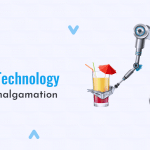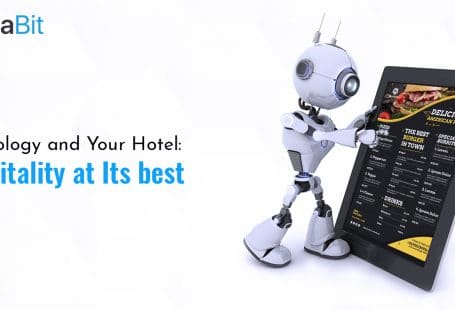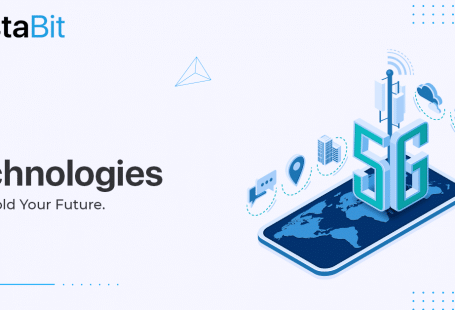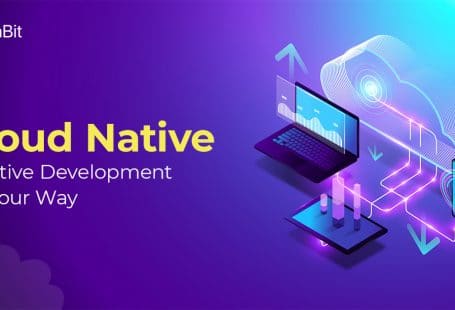“Technology is best when it brings people together”
-Matt Mullenweg, American Entrepreneur
Lifestyle has evolved to be a combination of various terminologies today. This one single word houses enormous components within it. In simple terms, lifestyle denotes the way we live our lives. Under this we count everything, from the coffee we drink to the clothes we wear. With its absolute amalgamation with technology, lifestyle has undergone a considerable transformation.
Back to the days when morning coffee was a ritual to enjoy individually, to the times when it is a new fancy to flaunt it in an electronic frother, lifestyle has changed leaps and bounds. The touch of technology can enhance anything, be it an experience or a reality.
Today, companies dealing with lifestyle products enjoy digital technology’s fantastic benefits (dynamic mobile applications and web solutions). Digitalization has helped the industry to create a new niche. It has helped numerous brands to increase their reach and enhance the recall value of their products.
Taking an example of Sephora, it has an excellent mobile app that helps women buy their makeup online with unique lip colour and eyeliner testing filters. The following filter in the app is a technological invention in the times of pandemic, where testing makeup becomes difficult.
For using such fantastic marketing strategies, startups dealing in lifestyle products hire companies providing mobile app development services. These companies help in developing a dynamic mobile application with an attractive user interface and flawless user interactivity.
To know how technology has empowered lifestyle, let’s discuss it further in this blog.
Lifestyle Then and Now
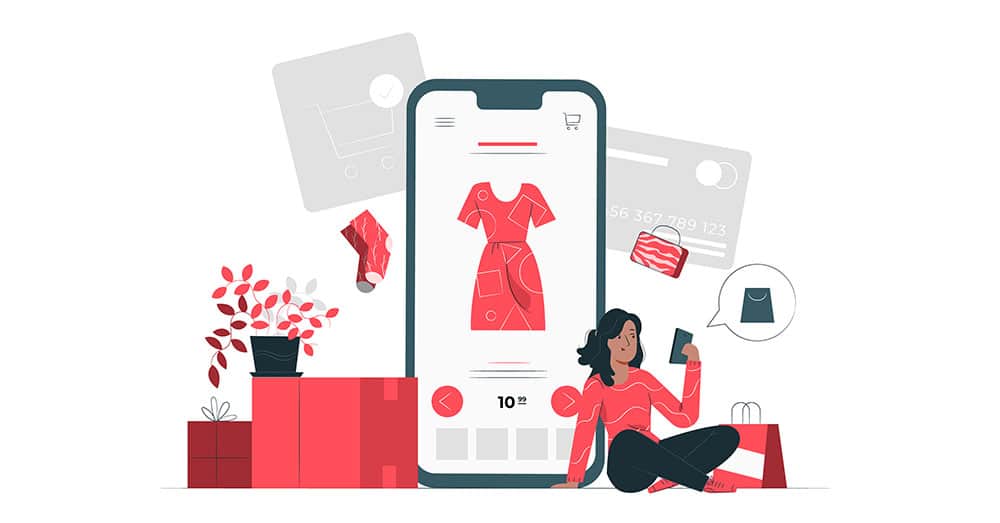
Gone are the days when clothing was just a necessity; today, clothing is considered an extension of a personality. Hence, people and their clothing choice have changed. Not only clothing but also other lifestyle components like fashion, home decor, mental wellbeing, diet and nutrition have all created a responsive market for itself.
In doing so, technology has played a considerable part. It provided the lifestyle industry with a medium to extend its reach and establish its need. Social media, digital and influencer marketing can be excellent examples of the same.
Technology helped brands dealing with such solutions to revive the lost trends and promote traditional fashion with a new perspective. It further helped to take the trends from one region to another. For example, bohemian style and decor is a significant trend accepted by people of various countries.
Moreover, technology helped reach and grow fancy and nutritious edible items from one country to another. Oats, a staple grain of Africa, is actively promoted by dieticians globally, as adequate food for weight loss and management. There are many trending diets (promoted by bloggers and dieticians) based on food cooked using oats.
Likewise, traditional textile and fabrics which got lost due to synthetic materials got another entry into the market by graphical and digital promotions. All thanks to the new age fashion and lifestyle designers, who are well equipped with the technology.
Also, it was only due to technology that online shopping can give a real-time shopping experience today. Initially, it was challenging for consumers to trust the authenticity of material purchased online. But superior customer support, dynamic user interactivity, and changing trends helped to achieve it.
Moreover, technology-empowered the lifestyle industry by stepping out of its niche and catering to a broader market.
Creation of A New Sector
Visiting down the memory lane, can we collect memories of terminologies like skincare, beauty regime, sleep monitors, health trackers, fitness apps, etc.? We might relate to some, but feeling all these to be prevalent in earlier times is difficult.
Social media and digital marketing gave beauty/wellness and health-related brands a fantastic platform. This platform helped brands dealing in these solutions to expand their markets and create an aspirational value amongst the consumers. Today, in the name of daily skin cream, the online and offline shelves are filled with an array of brands.
Earlier creams were just considered a mere skin maintenance product, and people were only limited to NIVEA; today, skincare has turned out to be a massive industry. The humongous influencer marketing has helped skincare develop its own consumer base. All the skincare brands majorly work on a very famous advertising model called AIDA.
Nykaa, a platform dedicated to selling beauty and wellness products, was a unique startup with this idea. It made full use of modern technologies like mobile application, web application, influencer marketing, covert advertising etc. BEAUTY BAY, GlossyBox, Beauty Expert are also some good examples of the same.
The amalgamation of lifestyle and technology also created awareness for sustainability. Be it eco-friendly fabrics, recycling old clothes or using solar energy and rechargeable batteries, brands are promoting the same solutions. Tesla is a fantastic brand, which brings together technology, sustainability and style to offer dynamic solutions.
Marketing Goes Digital For Lifestyle
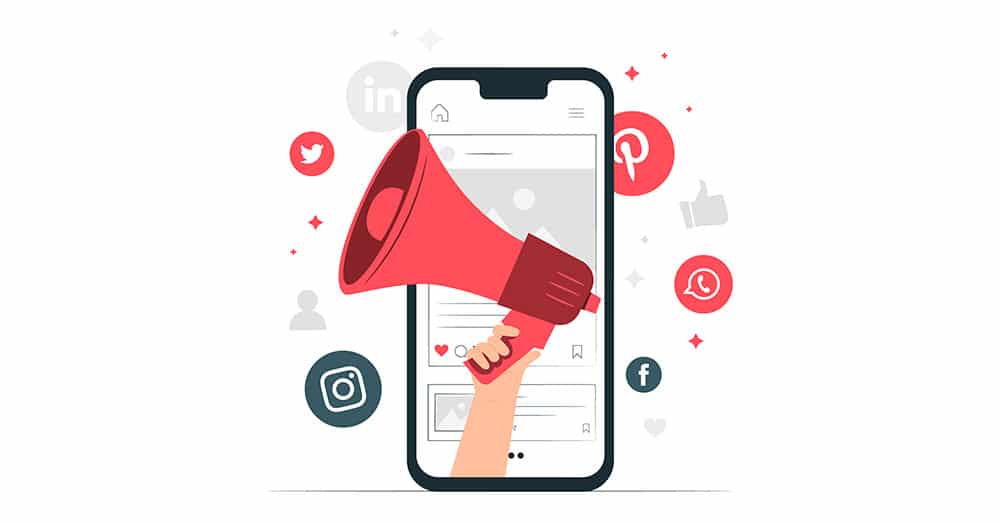
Marketing always got good returns for lifestyle brands. Initially, it was only through TVCs and print advertising that lifestyle brands could promote themselves. But the biggest challenge they faced was that users could not understand the attributes of the product with a two-minute ad.
For example, there are numerous cold creams available in the market; a TVC could only talk about the products used in making the same. But a user cannot get the answer to his questions like was that cream suitable for oily skin, would it show immediate results etc.
Here influencer marketing came to be a blessing for such brands as a micro-influencer could do a detailed product review of the same, and the followers could understand the product better.
It had another advantage; influencers can enhance the aspirational value of a product. Basically, they can be a direct extension to a product’s brand value. LANEIGE is an excellent example of the same.
Likewise, hotels and resorts also benefit a lot by investing in digital marketing. In the times of pandemic, where people were hesitant to step out and go for holidays, influencer marketing and technologies like augmented reality and virtual reality played a significant role in reviving travel.
Influencers can capture and show the real-time experience of a place while applications based on augmented reality and virtual reality can too help experience the same virtually. Similarly, there are retail apps based on virtual, augmented reality that allows consumers to feel an in instore shopping experience.
Ikea’s mobile app is a fantastic example of numerous brands. The brand very proudly claims its mobile app to be a mini pocket store. Its rich and exhaustive interface makes it attractive and user friendly.
Technology Makes Us Go Healthy

Health is an essentially important part of the lifestyle. For maintaining a good routine one needs to be healthy and fit. It, in turn, enhances the experience and quality of life. With the advent of digital technology, monitoring health becomes very easy.
The availability of health and fitness apps, promotion of fancy diets and supplements and benefits of fitness and healthy lifestyle convince people to adopt a healthy lifestyle. The awareness of maintaining a balanced diet and having a good sleep, along with an opportunity from being away to lifestyle-related disorders, make people more apprehensive towards their health.
The coming together of health and technology gave health tech startups an entry into the market. Today brands like Fitbit, Honour and Realme offer amazing health bands for keeping a quick check on your health.
Moreover, the branding and marketing strategies used by these brands make people want to use these solutions even more. Simultaneously, the health and food bloggers promote quick and effective diets, which are adopted by many.
Apart from that, with the availability of various health monitoring apps, it has become easy to manage and monitor health and maintain a productive lifestyle. While earlier, where the number of steps taken during an exercise was counted on fingers, technology has made it very easy to calculate them and keep a check.
The busy lifestyle couldn’t help people to accommodate a fitness regime and required sleep patterns in their day to day life, but it was a technology that made a place in the hectic schedules and helped execute a fit lifestyle.
Apps like Calm, Google Fit, Nike Training Club, Airmid UK are some fantastic solutions in this category.
Technology Empowers Lifestyle
With the amalgamation of lifestyle and technology, various new industries and products got themselves a place in the hearts of consumers. It is with the help of technology that clothing, too, can become sustainable today.
Technology has helped to highlight forgotten and hidden trends of lifestyle. It is with the technology that consumers across the world know the relevance and popularity of Korean skincare regime and the benefits of rice water for hair. Such awareness gave an opportunity to numerous brands for expanding them with products based on these solutions.
Today, micro-influencers have a remarkable impact on the minds of the consumers as their persona extends the brand’s value and increases the trust of the consumers over any product. Digital marketing and the evolved form of PR gave an unexpected boost to the lifestyle industry.
It is with social and digital promotions that people are starting to get back to organic foods. Though organic foods always had a place in the shelves of grocery stores, today their sales have increased as people have started to switch over to healthy options.
In terms of travel, technology has helped to promote various emerging destinations. Here Maldives can be a fantastic example as influencer marketing got significant highlights for this destination.
Other than this augmented and virtual reality enhanced the experience travellers in the times of pandemic and helped to elevate the sales of numerous hotels. Moreover, digital marketing and promotions gave a boost to a variety of small scales, brands and products.
Brands like Dyson can make a compelling entry in the global markets with the effective promotion of its technology and relevant need in the consumer’s lifestyle. It effectively promoted its air-purifying solutions and hair styling range with the benefits of the technology used in making these products. Now, consumers can understand how hydraulic technology is suitable for hair styling other than heat.
Sustainable clothing, a newly evolved terminology, is widely accepted by people as here the old clothes and fabrics can be used to create a new fashion. Health is better-taken care of by the easy availability of health tech solutions.
Conclusion
Startups catering in this industry are growing by leaps and bounds after investing in corrective digital promotional strategies. With the availability of useful remote working software, working patterns have changed, making hectic schedules relaxed and employee-centric.
Virtual Events and conferences are empowering learning and networking. Today, people all across the globe can learn and improve their skills by connecting with anyone from any country. Acclaimed universities can expand their reach and promote their experience globally.
With the help of a mobile applications development company, any brand can invest in a scalable mobile application for its provided solution. As mentioned above, mobile applications are a fantastic way of promoting and business and expanding its reach. Hence, it is evident that coming together with lifestyle and technology is highly beneficial.

